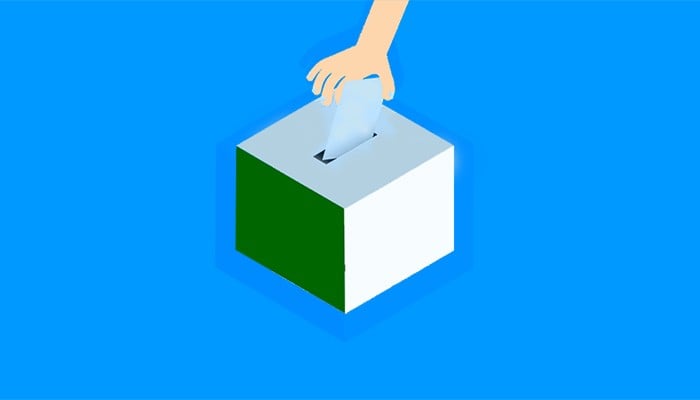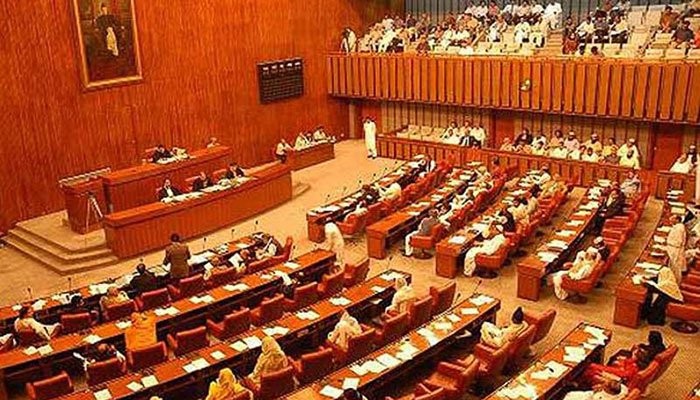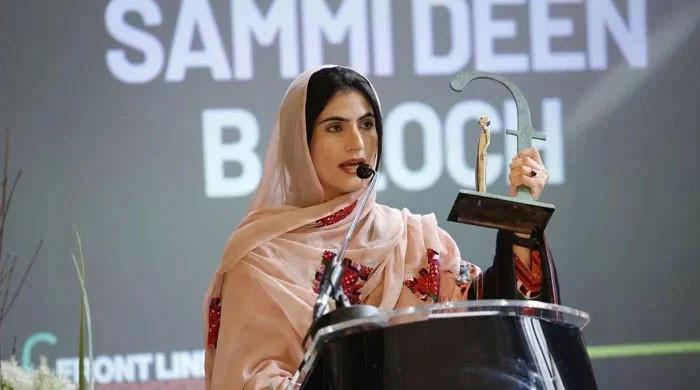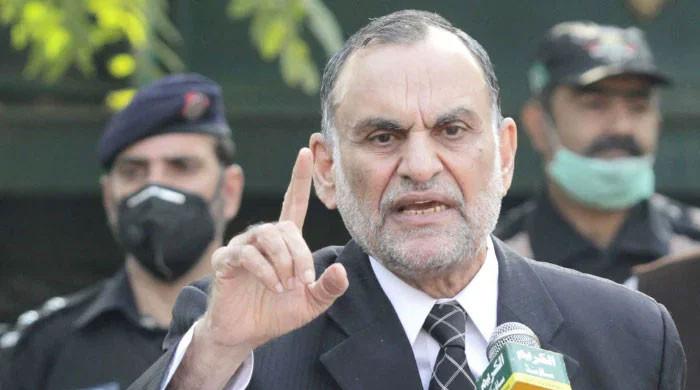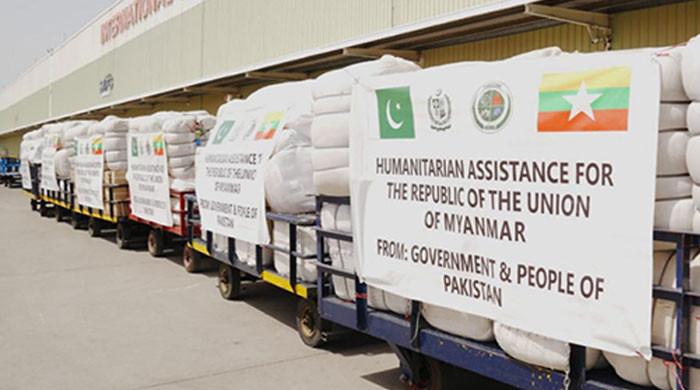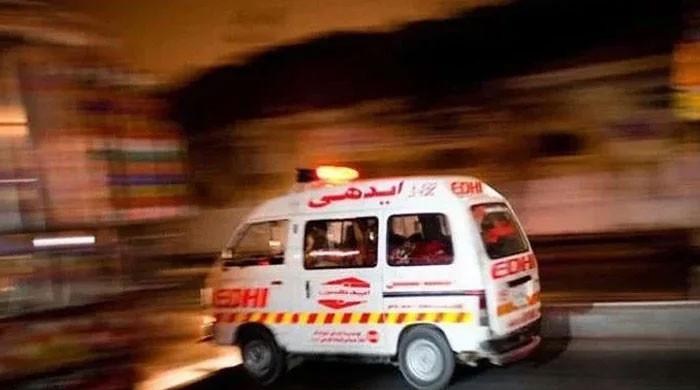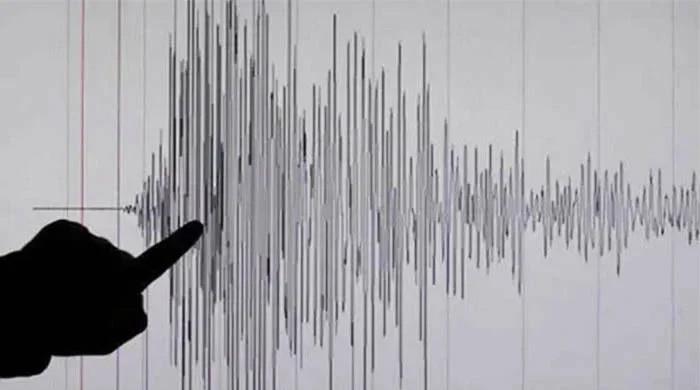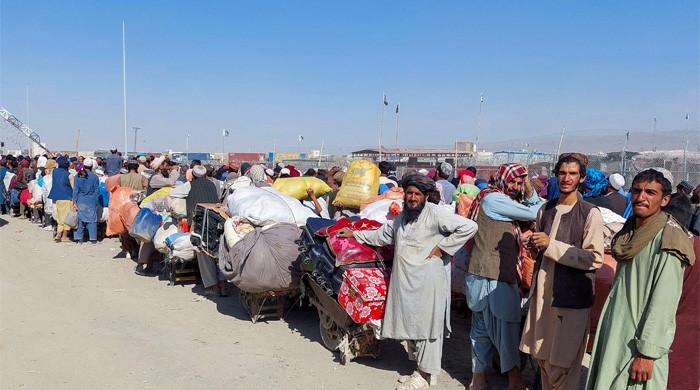Senate elections: Balochistan is the province to watch
While all major parties have been working around the clock to convince serving MPAs to favour them, the true face-off in Balochistan will be between the PML-N and PPP
March 02, 2018
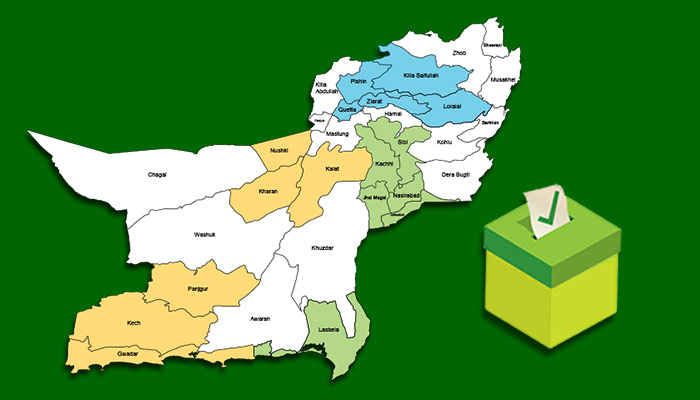
15 candidates are contending from Balochistan for seven general seats in the upper house of the parliament, four for the two technocrat/ulema seats, and six vying for the reserved women’s seats, according to the final list of candidates issued by the Election Commission of Pakistan.
There are a total of 65 members in the provincial assembly. Each hopeful of the general seat will need to secure at least nine votes to win.
With barely a day to go before the Senate elections, the cajoling is in full swing. While all major political parties, and some independent candidates, have been working around the clock to convince serving MPAs to favour them, the true face-off will be between the Pakistan Muslim League-Nawaz and the Pakistan People’s Party.
Unlike Punjab, and the other provinces, where the majority of a single party is evident, the outcome in Balochistan is not a forgone conclusion.
Until this year, the centre-ruling Pakistan Muslim League-Nawaz had a handpicked chief minister in Balochistan. Then on Jan. 9, Nawab Sanaullah Zehri was forced to step down after the opposition and member of his own party expressed a lack of confidence in him.
The parliamentary upset has denied the PML-N a clear majority in the Senate polls. For which, the PML-N blames the Pakistan People’s Party. It claims the latter used horse-trading, the practice of luring members from another parties, to send Zehri home. In a series of tweets, Khawaja Saad Rafique, the minister of railways, accused Asif Ali Zardari, the PPP co-chairman, of resorting to “horse-trading in the guise of democracy. Zardari harmed democracy just to garner more seats in [the upcoming] Senate elections.”
Even with no representation in the Balochistan assembly, the PPP, surprisingly, is eyeing five or six Senate seats, with the help of its allies.
Haji Ali Madad Jattak, the president of the PPP’s Balochistan chapter, has been unusually active in the past few days. In a recent press conference, he said, “The PPP is confident to secure at least six seats.”
After the 2013 national elections, the PML-N had 21 members in the provincial assembly. Now, less than four openly identify with the party. The loyalty of the others is unclear.
The party, seemingly, has almost disappeared from the political scene in the province, largely due to differences that emerged after the unpopular Zehri was appointed chief minister. Yet, party leaders who Geo.tv spoke to are still confident to bag at least three Senate seats. In order to do so, Nawaz Sharif, the former president of the PML-N, has set up a three-member committee to oversee developments in the province.
On the other hand, the Jamaat-e-Ulema-F, the Pashtunkhwa Milli Awami Party and the National Party are also devising a joint strategy for the polls.
On March 3, Balochistan will be the province to watch.
For more news and information regarding the Senate polls, visit Geo.tv/senate2018
